Liz Hollands, the latest inductee to the Fleet News Hall of Fame, had a ‘pinch me’ moment as she was leaving the awards at the Grosvenor House Hotel in March. She looked at the wall of photos and names of all the Hall of Fame members – many of whom were her mentors when she started in fleet in 1993 – and thought it was “pretty amazing” that she was now among them.
Hollands didn’t set out to be a fleet manager – she was working as an office manager at property services provider DTZ when she was given responsibility for the merger of two car fleets.
It was a baptism of fire as everything from company car grades to funding methods and insurers was different, and Hollands received no training – she was simply given two lever arch files, a spreadsheet and some copies of Fleet News and told to “get on with it”.
“I remember opening up the copies and reading them thinking, ‘Crap, there’s a lot to learn here!’,” she says.
An important moment early in her career was meeting industry stalwart and fellow Hall of Fame member Stewart Whyte, who encouraged her to join fleet representative group ACFO (now AFP – the Association of Fleet Professionals).
“The southern region in those days had quite a small membership, but there were some heavyweight fleet people like Phil Redman (also in the Hall of Fame) and Freddie Watts,” she says. “I just used to pump them for information.”
Hollands went on to become secretary and chairman of the ACFO southern region and then ACFO director from 2006 to 2010.
She sees the recent merger of ACFO and fleet training body ICFM to form AFP as positive for the fleet sector.
“That was something that needed to happen,” she says. “It has much bigger ‘buying power’, if you like. And for people within the industry, it gives the opportunity of the training and the networking.
“ICFM always had a very good training base, but it didn’t appear to have the networking that ACFO had.
“And there’s nothing like being able to pick up the phone to another fleet manager and say, ‘What do you think about this? What would you do?’”
Hollands has recently had to pass on her fleet expertise, having retired at the end of July from her role as executive assistant to CEO and fleet manager at Logistics UK (formerly the Freight Transport Association).
The latter was a position she had held since 2010, after leaving DTZ as a result of outsourcing.
“I was furloughed, like lots of people have been (as a result of the Covid-19 pandemic) and, having been widowed nearly three years ago, it made me focus on what I wanted to do from here on,” she says.
“I realised I could afford to retire and that it was the right time.”
The majority of the fleet work has been outsourced to Logistics UK’s incumbent leasing supplier Marshall Leasing, overseen and managed internally by facilities & procurement manager Sian Brady, and director of HR Emma Emmett.
Hollands’ executive assistant duties have been taken on by another colleague, Lisa Gardiner, who already looked after two other directors.
Hollands created a big handover document on fleet for her colleagues, covering “not just how to do something, but why you would do something”.
Fleet managers should always question why things are done a certain way, particularly when managing suppliers, Hollands believes.
“I always used to query stuff,” she says. “I would always ask, ‘Why do we do this? Why don’t we do it that way? What if we did it this way?’. The feedback I had from leasing companies was they liked that because it challenged the way they did things’.”
Hollands’ advice on tendering is to ensure the account manager is part of the presentation as they’ll be the person doing the job day-to-day.
“In the days when I was doing tenders for a new supplier, invariably suppliers would put their best marketing person into a team and send them to you and you’d think, ‘Wow, these people are really good’.
“And after a while I thought, ‘But they’re not the people doing the job for you every day’. So I would say I wanted them to bring along the account manager or the account executive and maybe the finance director. I’m not interested in a lot of marketing speak, I want to know what it’s going to be like if I take you on.
“Equally, when I did reviews I would hold one at our office and one at theirs because it was nice to go and see the people who were doing the work for you in the various departments.
“You always get a much better rapport with people you have met face-to-face.”
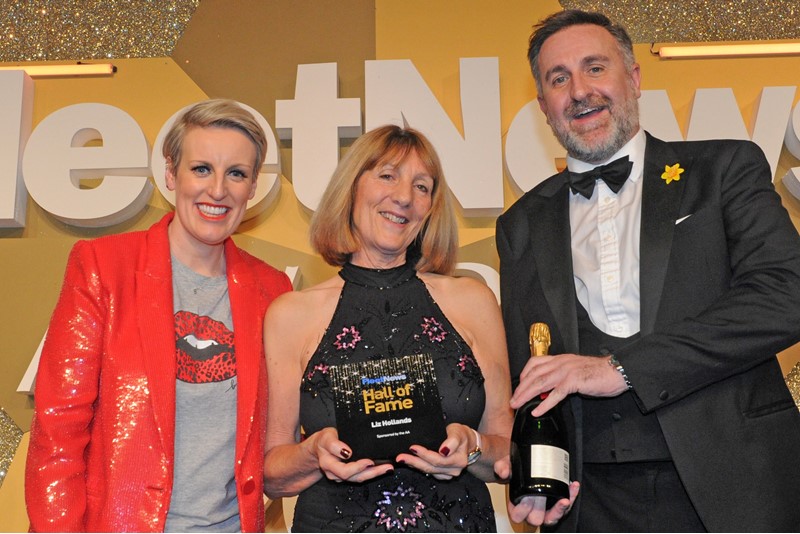
Hollands acknowledges that given the current Covid-19 restrictions that isn’t possible but believes, once it is, fleet managers should, as a minimum, meet a new supplier initially rather than just having virtual meetings.
And, while the economic fallout of Covid-19 is putting businesses under greater pressure to cut costs, she thinks it is important to recognise that suppliers need to make money too.
“There is no point driving everybody down to a point where they can’t afford to do the work because nobody ends up feeling good about that,” she says.
“You have to understand that they’re there to make a bit of a profit.”
Fleet managers who respect that and are “pleasant” to their suppliers will benefit as suppliers will be more inclined to “put themselves out for you when you need something done in a hurry”, in Hollands’ view.
Supplier management is Hollands’ forte. She was on the supplier judging panel of the Fleet News Awards for more than 15 years, a role which she says was “such a good experience”.
“You get to read about things and people you wouldn’t otherwise necessarily know about,” she says. “It teaches you to think about new ways of doing things when you look at what new products and services people have introduced.
“And, in the actual judging process itself, where you’re sat in a room with other experts, it’s great to have their knowledge and perspective.”
Contract hire has evolved considerably during Hollands’ career.
“To start with, it was just a finance arrangement with maintenance and it’s become much more than that with all the things you can add,” she says.
“I worked out, once upon a time, that I spent a day a week – a fifth of my time – doing uninsured loss recovery and managing insurance and only part of it tackling it, and not as efficiently as it could be done by experts. So things like accident management, relief vehicles and the consultancy added the most value to contract hire.
“If I had some input (in that happening) I’d be quite happy.”
The fleet industry as a whole has changed and is much more professional than when Hollands started her career.
She still recalls the sexism she encountered from the representative of one car manufacturer, who shall remain nameless, in the 1990s.
“I was making a nuisance of myself to a particular manufacturer because I was pursuing a warranty claim on a radiator on a car that was less than 12 months old,” Hollands says.
“The head of customer service at this manufacturer told me to go away and play with my dolls!
“You don’t tend to get that now and there are many more female fleet managers out there and in high profile roles.”
But Hollands looks back fondly on some of the more interesting car launches she attended – a trip to Berlin with Volkswagen, within a few years of the Berlin Wall coming down, when the manufacturer declared it wanted to be number one in fleet, and the launch of the BMW M3 at Nürburgring where Hollands was able to drive round the Formula One circuit.
“I never turned down the opportunity to do those days but from a practical point of view it’s much more sensible to have a demo car for a week – then you really get a feel for what it’s like and whether it will work for you,” she says.
“But those events were always good for networking.”
Corporate hospitality rules and the expense of such trips meant that even before Covid-19 restrictions came into force, they were on the wane, but fleet managers are still able to benefit from networking, even if more of it is taking place online currently.
Like other industry experts, Hollands thinks that, in the long-term, fleet managers and company car drivers will do fewer face-to-face meetings and the annual mileage of company cars will “drop substantially”, potentially meaning fewer people actually need a company car, although for some industries vehicles will remain essential.
“The fleet industry is going to change shape in some way,” she says. “The funding arrangement may be different – it may be that you do a little more personal contract hire for vehicles, which are actually being used for business. But they’re not a company car because they’re privately owned.”
As for the shift to electric vehicles, Hollands remains sceptical about the infrastructure.
“I can see why we should do it, but I can’t see that we can get everybody into electric cars,” she says. “It’s not the final answer.”
Hollands on ... taking to the skies
How did Liz Hollands spend the first day of her retirement? By flying over Beachy Head in an RAF Spitfire.
Hollands has held a pilot’s licence since the late 1990s and the Spitfire experience was not the first time she has taken control of a World War II fighter plane.
Back in 2009, she had a flight in a P51D Mustang – courtesy of a phone-in with Chris Evans’ former Drivetime Show on Radio 2.
Hollands took the controls for some of the flight and did a couple of 360-degree rolls and some general diving and swooping, which was “all absolutely awesome”. The Spitfire experience was “equally awesome”.
It was something her late husband, Pat, had done more than 25 years ago and Hollands thought it time she grasped the opportunity.
Pat’s death has taught her that life is “not a rehearsal” and that you “must make the most of opportunities that come along” but also “work at making those opportunities happen”.
“I never want to be that person who said ‘I wish I’d done that’,” she says.
Holidays, spending time with her elderly parents and rediscovering the digital piano (the Yamaha Clavinova, which she played as a child), are all on her bucket list.
She also intends to pass on her passion for flying by taking a flight instructor course, “enjoy the silly car” (a Mercedes AMG C63) and “get the motorbike out of the garage a bit more”.
Hollands has a Yamaha 350 LC on which her husband won a 350 production racing championship in 1995, having placed second in 1994 and third in 1993. She, too, had a spell of racing in the mid-1990s.
“It was exhilarating but quite scary,” she says. “I got hurt a lot so I decided not to do it any more.”
However, Hollands did still commute to the DTZ office in central London by motorbike, clocking up around 30,000 miles a year.
She has also been known to fly to meetings.
In February 2005, she flew to an ACFO regional meeting at the Goodwood Estate, near Chichester, landing at its well-known airfield.
Hollands recalls that the meeting was paused when a Spitfire flew overhead. As the meeting was sponsored by Volkswagen, the afternoon was spent driving VWs round Goodwood.
“That was probably my best day at work ever,” Hollands says.

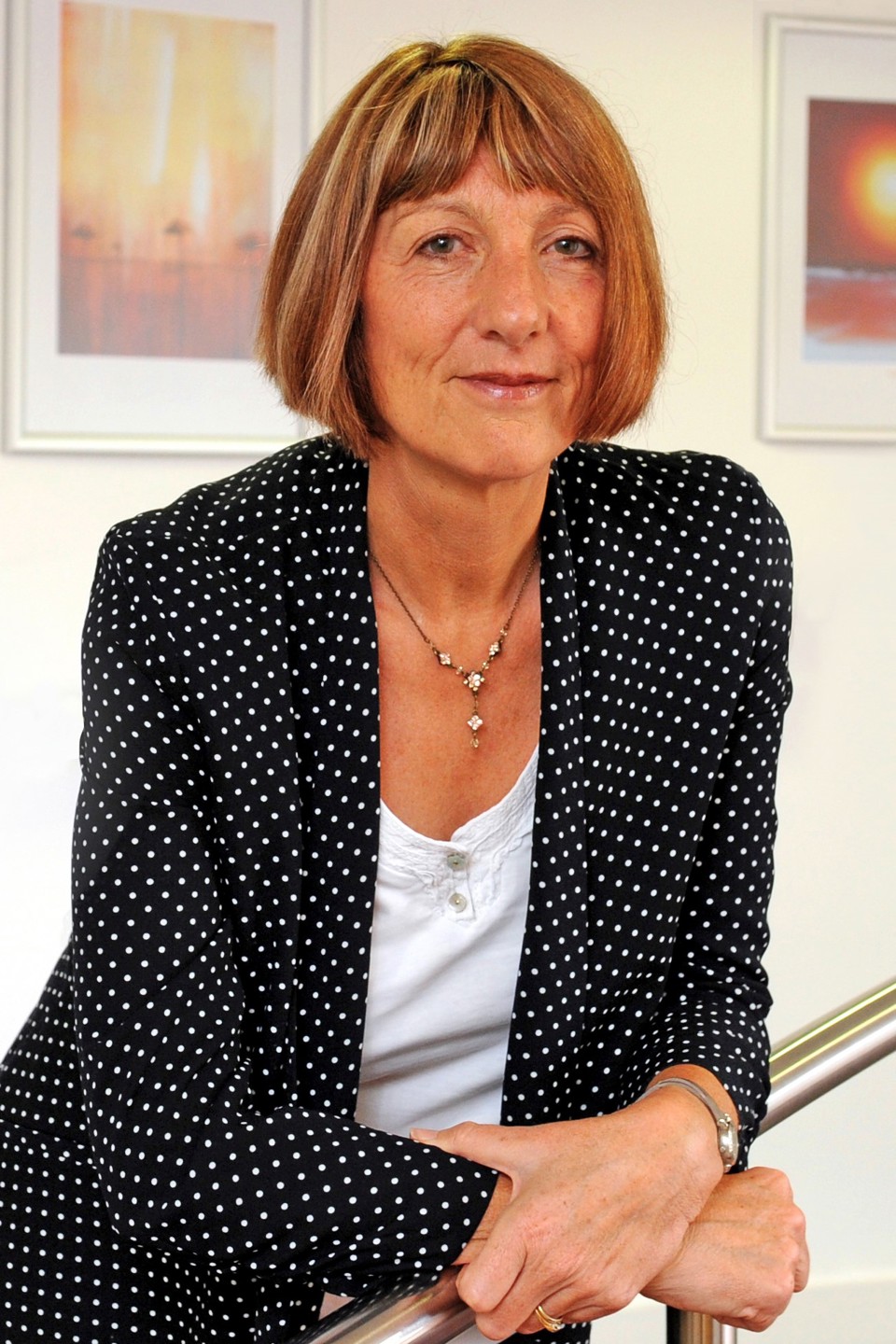


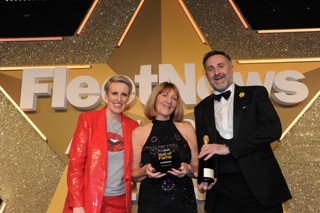
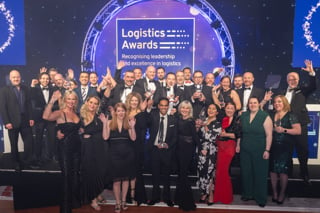
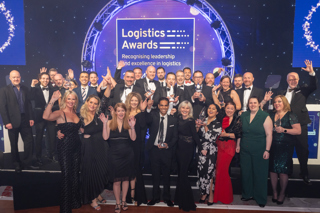













Login to comment
Comments
No comments have been made yet.